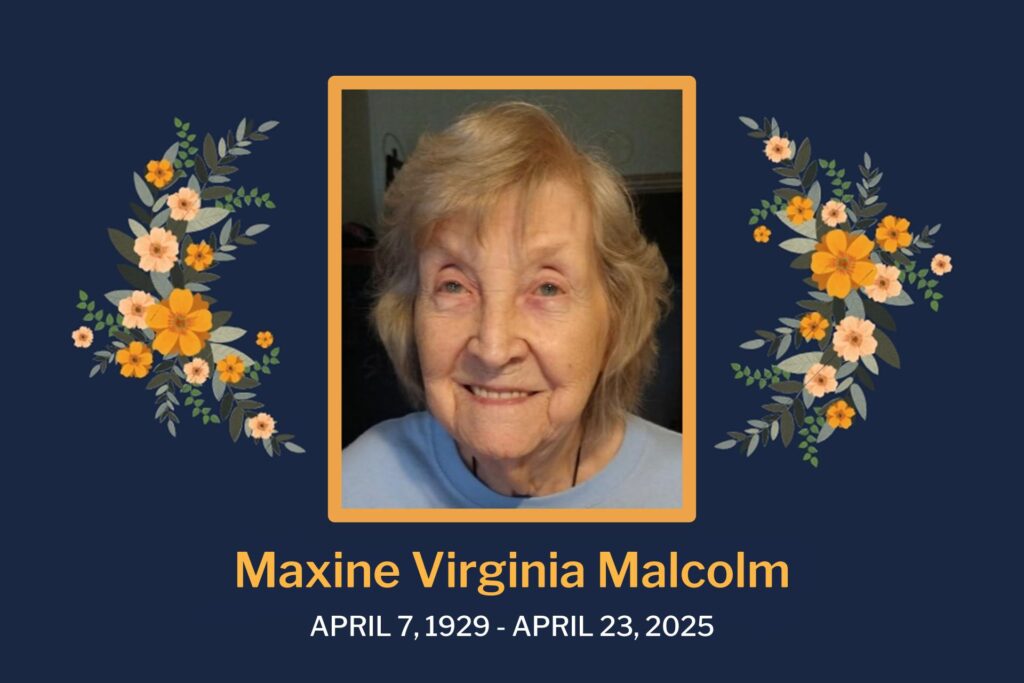West Virginia University has joined forces with two other notable universities to open the door to new resources in international business education and research.
The Robbins Center for Global Business and Strategy, which is housed in the WVU College of Business and Economics, is now part of an international regional business consortium with George Washington University, and is included in its Center for International Business Education and Research. The University of Richmond has also joined the consortium, completing an effort to bridge CIBER across the District of Columbia, Virginia and West Virginia.
“This is a terrific opportunity for WVU and the Robbins Center. We will now be able to access the national CIBER network for information about best practices and other available resources that can help WVU and the College of Business and Economics with its internationalization efforts,” said David Dawley, executive director of the center and an associate professor of management at WVU’s business school. “This also allows us to further expand opportunities for WVU students to interact with and learn from other consortia institutions through joint activities and networking, as well as create opportunities for WVU faculty to learn from consortia schools and conduct joint work in teaching, research, and outreach to help advance WVU’s mission.”
Stuart M. and Joyce N. Robbins created the Robbins Center with a $2 million gift in 2011, with the goal of supporting international business opportunities for students and faculty at the WVU College of Business and Economics. Since that time, the Robbins Center has worked to:
• form international relationships with accredited business schools to provide study abroad and exchange programs for students and faculty;
• provide student study abroad opportunities and grants through the College of Business and Economics Robbins Travel Global Enrichment Program; and
• create the Robbins Faculty Scholars Research Grant Program, designed to encourage international research activity.
CIBERs were created by the U.S. Congress to increase and promote international understanding and help U.S. businesses succeed in global markets. Currently, 17 universities are designated as CIBERs and serve as regional and national resources for businesses, students, educators and academics. The national CIBER program is administered through the U.S. Department of Education, and links U.S. businesses with the expertise of U.S. universities in areas of international education, language training and research.
“This alliance increases our business school’s exposure to international business,” Dawley said, “and fits in perfectly with the Robbins Center strategy of curricula improvements with respect to international business and faculty opportunities for collaborative research.”
As part of GW-CIBER, WVU will be part of an international business regional consortium to increase support and expertise for program development and implementation. The main proposed activities will include annual meetings and executive briefings that will include business experts from the three-state region on international trade and investment opportunities in different world regions; research workshops for faculty and Ph.D. students interested in international business to meet and exchange ideas; and joint development of international business curriculum with experiential learning aspects, which will be shared among faculty at the three partner universities.
Dawley also noted additional possible activities that would benefit WVU students, such as collaborative work in finding international internships and work-study opportunities for students from the three partner schools.
“We may also look at the joint development of business outreach programs on topics that combine faculty expertise from the three partner schools; research and executive education on energy-related topics, which would certainly benefit West Virginia; and examine potential faculty training and business outreach,” Dawley said. “We see this collaboration as a way to gain the kind of access to the global business community, which is an important part of the Robbins Center’s mission. This could open the door for countless opportunities for both students and faculty.”















